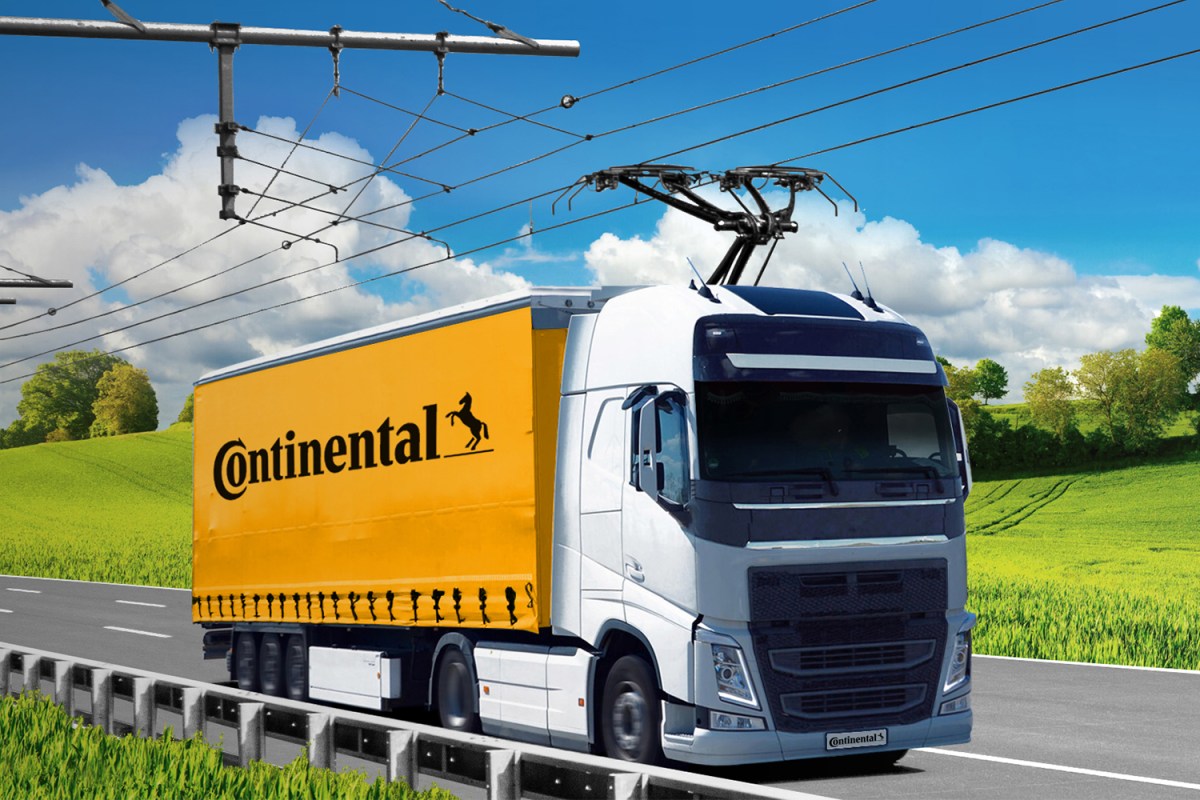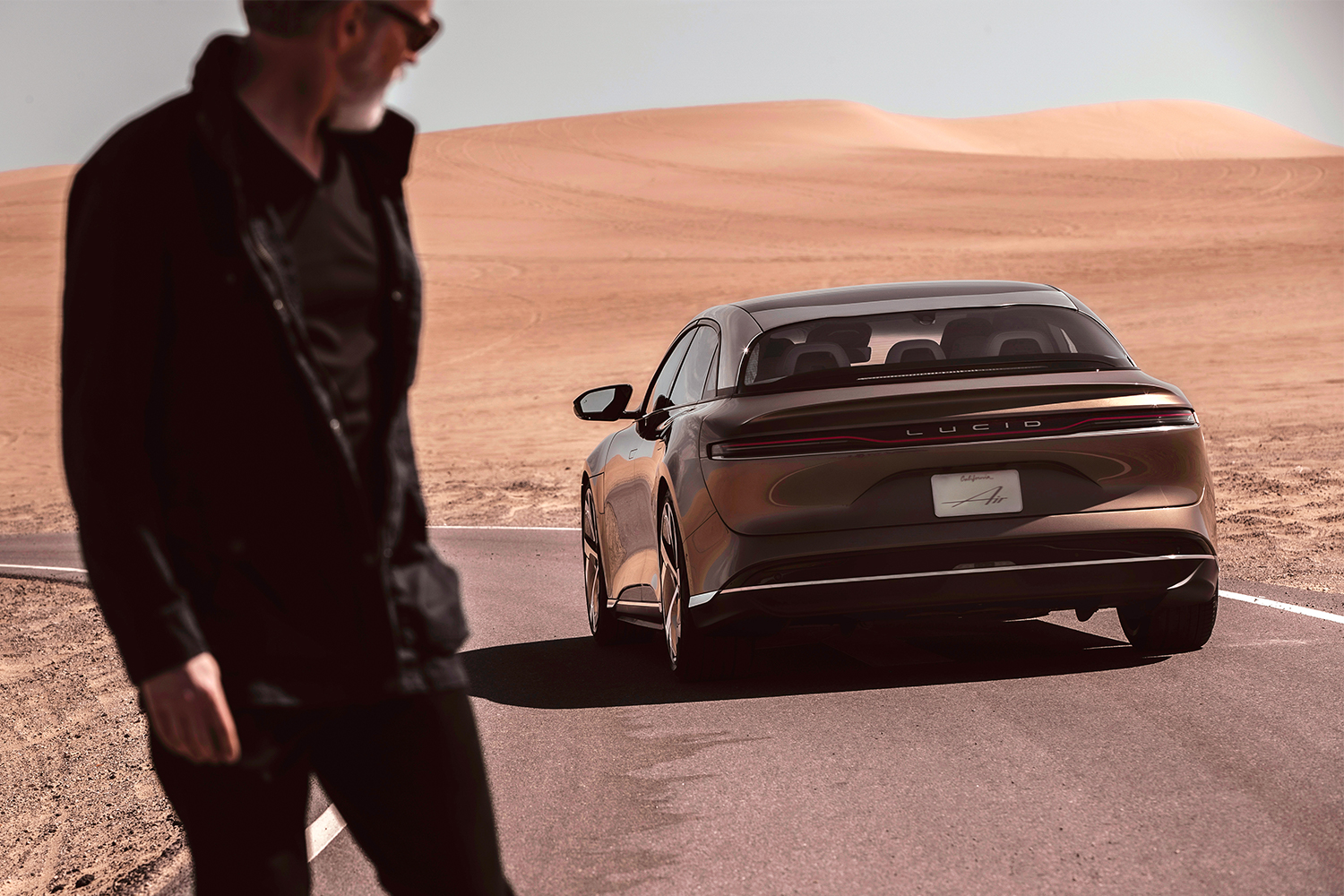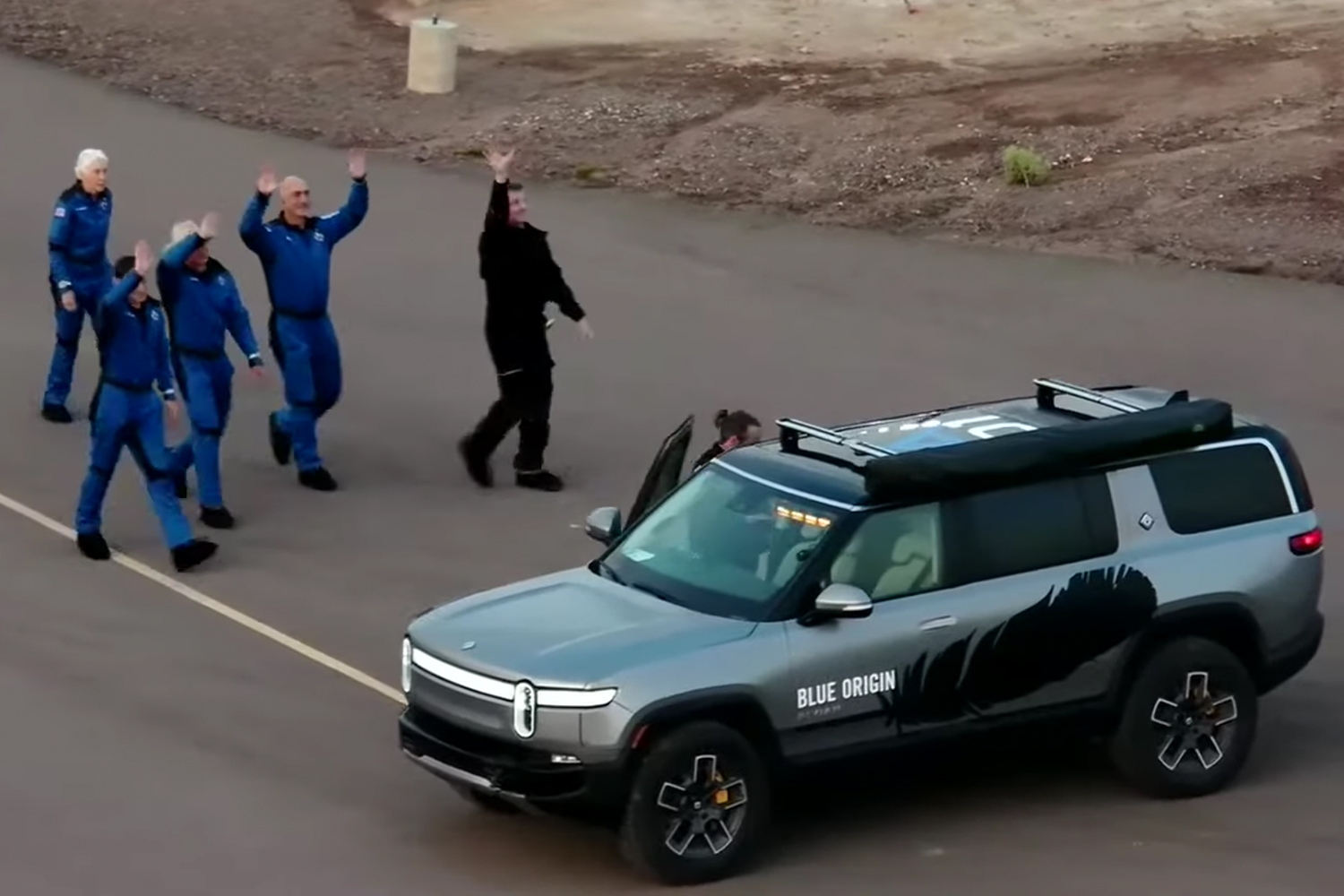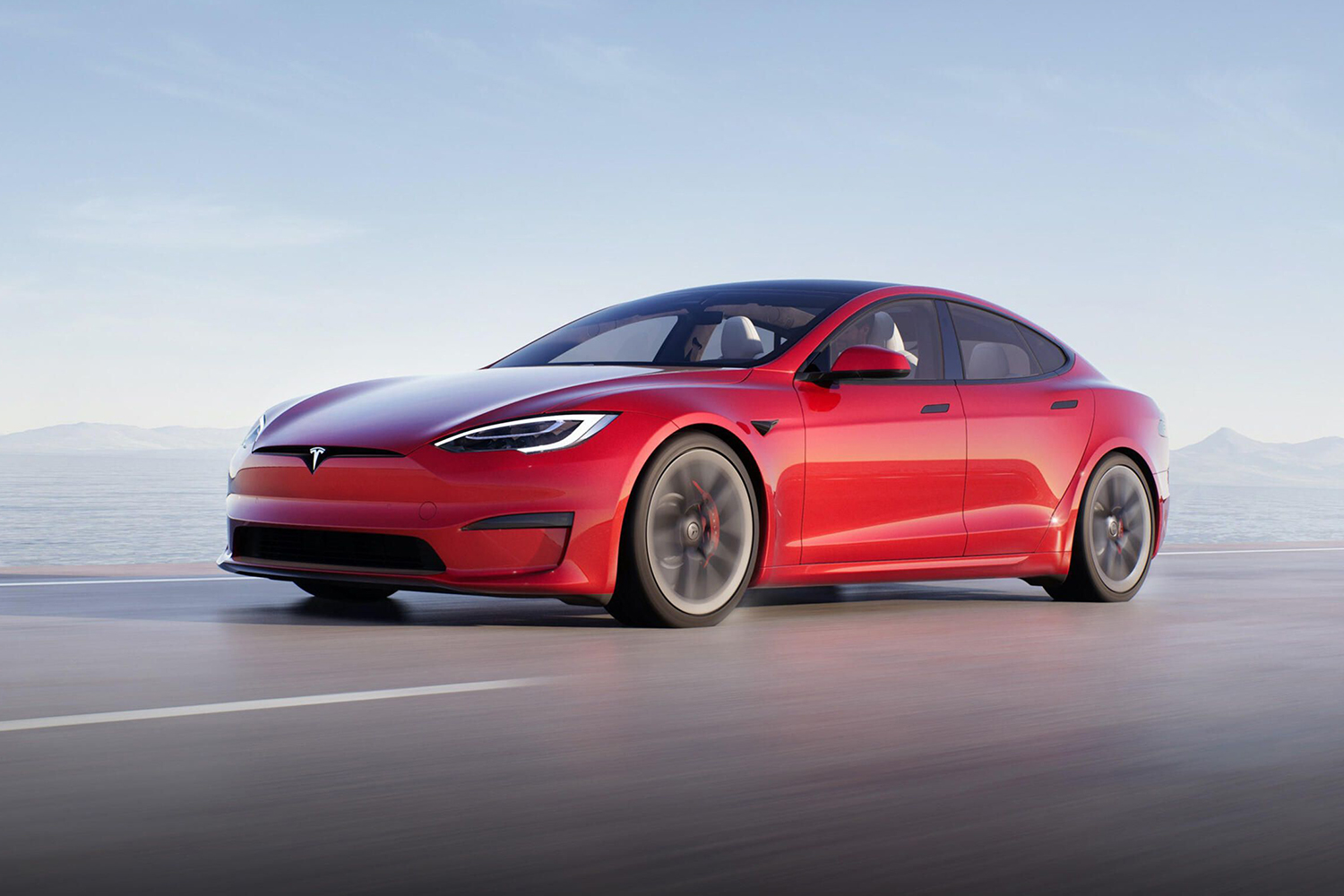It’s a foregone conclusion that we need to phase out vehicles that emit climate change-causing greenhouse gases. Among passenger vehicles, electric vehicles are seen as the most viable option, though there’s still room for hydrogen fuel cells. Among the trucking industry, that battle between big batteries and hydrogen is much more competitive, though a number of setbacks in both areas — Tesla’s highly anticipated Semi has been delayed again, and beleaguered hydrogen proponent Nikola is still trying to get back on its feet after fraud charges — has left an opening for another option.
As The New York Times reports in a new feature, that third option is electric highways. In Germany, trucking companies are currently testing the technology, which is more concerned with transforming the infrastructure around trucks rather than the vehicles themselves. The end product is akin to street cars or trains, with wires hung above roadways charging these haulers as they drive through pantographs that extend from the top of the trucks.
“At one level the idea makes perfect sense,” writes the Times. “The system is energy efficient because it delivers power directly from the electrical grid to the motors. The technology saves weight and money because batteries tend to be heavy and expensive, and a truck using overhead wires needs only a big enough battery to get from the off-ramp to its final destination.”
In other words, you can think about this as EV light. But while initial tests are promising, the cost of installing these wires on highways throughout Germany, or any country, is prohibitive, even if they’re only installed on major shipping routes. The argument against the initiative is that there is so much invested in battery technology that improvements in range, weight or charging could render these electric highways obsolete as soon as they’re complete, or that another, less onerous clean technology could swoop in and have the same effect.
That’s not to say big players aren’t betting on this option. German electronics company Siemens and automotive supplier Continental recently announced they’re partnering to manufacture pantographs for electric-highway trucks. Additionally, the “eHighway” featured in the Times story is backed by Siemens, Germany’s Autobahn GmbH agency and Traton, a commercial vehicle manufacturer and subsidiary of the Volkswagen Group.
What tends to get lost in these discussions, whether we’re talking about buzzy electric adventure SUVs or fossil fuel-free trucking, is how the vehicles actually drive. So what do the actual truck drivers want?
According to Thomas Schmieder, the driver interviewed by the Times, he’s had to deal with a few hiccups here and there in his Scania truck that’s powered by overhead wires.
“But big problems?” he mused. “No.”
Thanks for reading InsideHook. Sign up for our daily newsletter and be in the know.

















